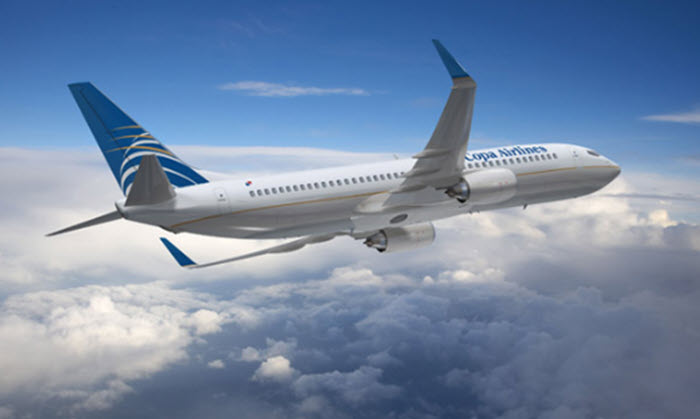Restructuring of airlines, preference for direct flights, modifications in the routes operated and the use of smaller aircraft are some of the changes expected in the regional air market in the context of the new business normality.
Air traffic has virtually disappeared in the last three months, as governments in Central America have decided to close borders and suspend commercial flights to and from the region’s airports as a result of the covid-19 outbreak.
Check out the “System for monitoring markets and economic situation in Central American countries“, developed by CentralAmericaData.
Airlines are already suffering the effects of severe government quarantines. An example of this is the situation of Avianca, an airline of Colombian origin, which at the beginning of May voluntarily filed for bankruptcy in the United States, as a result of the economic losses the company has reported due to the spread of covid-19 at a global level.
Companies should accommodate, as far as possible, the offer of their services according to the new consumer preferences in this commercial reality.
Enrique Perez Fiano, an air transport specialist, told Prensalibre.com that “... hubs are going to be very affected, since travelers will prefer direct routes to avoid those large concentrations of people that a hub receives, but this is an issue that will have to be sustained since it is difficult to have direct flights to all countries.”
According to Perez, in this context of business transformation, the companies that are most vulnerable are the low-cost ones but they are also more flexible in reducing their fleets as in reducing their staff.
You may be interested in “Tourism, business and the new commercial reality”
Motty Rodas, executive director of the Guatemalan Airline Association (Agla), explained that “… there is also discussion that smaller planes could be used to be profitable. For example, if a 150-passenger plane is only in demand for half the return, it is not profitable. It should also be remembered that as part of the sector’s protocol, space will be left between seats for physical distancing, and that also generates costs.”
Rhodes believes it is unlikely that the hubs located in Central America will be closed, meaning that Copa Airlines’ hub in Panama and Avianca’s hub in El Salvador would have to remain in place.
Source: prensalibre.com
Stay Safe!!
